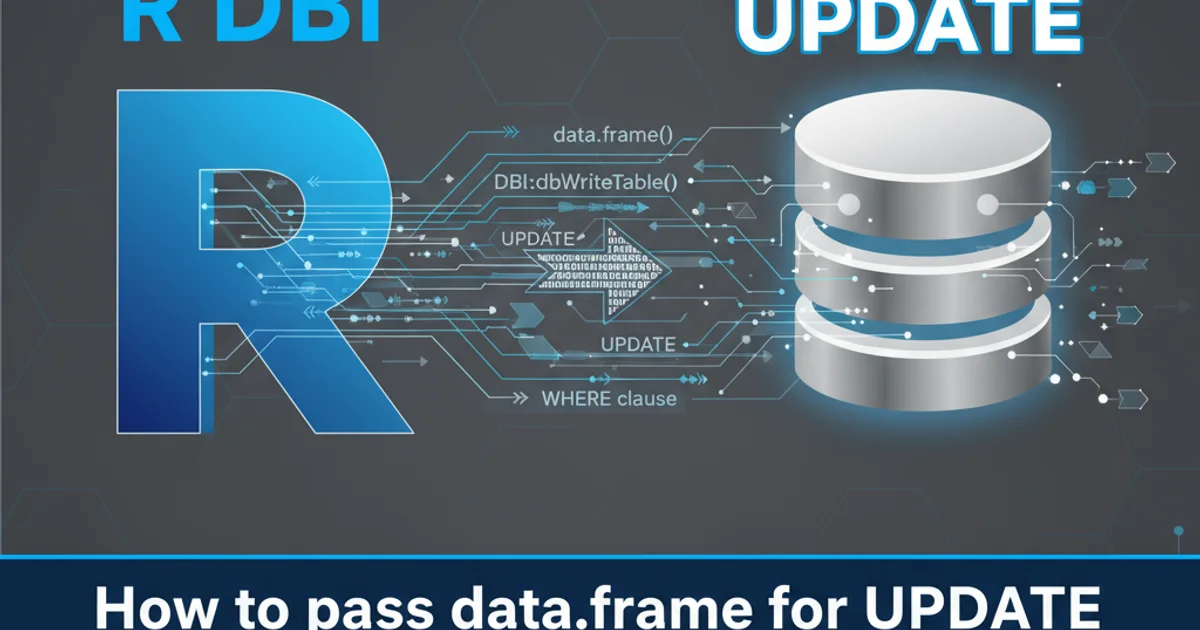How do I execute a .c file?
Categories:
Executing C Programs: A Comprehensive Guide

Learn the essential steps to compile and run C source code files on various operating systems, from basic compilation to advanced execution methods.
C is a powerful, low-level programming language widely used for system programming, embedded systems, and performance-critical applications. To execute a C program, you first need to compile its source code into an executable file, and then run that executable. This article will guide you through the process on Linux, macOS, and Windows, covering the necessary tools and commands.
Understanding the C Compilation Process
Before you can run a C program, it must be translated from human-readable source code into machine-executable instructions. This process is called compilation and involves several stages. A compiler, such as GCC (GNU Compiler Collection), performs this translation.
flowchart TD
A[C Source Code (.c)] --> B["Preprocessor (expands macros, includes headers)"]
B --> C["Compiler (translates to assembly code)"]
C --> D["Assembler (translates to object code .o)"]
D --> E["Linker (combines object files and libraries)"]
E --> F[Executable File]The C Program Compilation Workflow
.c extension (e.g., myprogram.c). This helps the compiler identify the file type correctly.Setting Up Your Environment
To compile C programs, you need a C compiler installed on your system. GCC is the most common and widely used compiler. Here's how to install it on different operating systems:
Linux (Debian/Ubuntu)
sudo apt update
sudo apt install build-essential
This command installs build-essential, which includes GCC, G++, and make.
macOS
xcode-select --install
This command installs the Xcode Command Line Tools, which include GCC and other development utilities.
Windows
On Windows, the most common way to get GCC is by installing MinGW-w64 or Cygwin. MinGW-w64 provides a native Windows port of GCC.
- Download MinGW-w64: Visit the MinGW-w64 website and download the installer.
- Run the installer: Follow the on-screen instructions. Choose
x86_64architecture andposixthreads. - Add to PATH: After installation, you need to add the
bindirectory of MinGW-w64 (e.g.,C:\Program Files\mingw-w64\x86_64-8.1.0-posix-seh-mingw-w64-v0.0.0\mingw64\bin) to your system's PATH environment variable. This allows you to rungccfrom any command prompt.
Compiling and Running Your First C Program
Let's create a simple "Hello, World!" program and then compile and execute it.
#include <stdio.h>
int main() {
printf("Hello, World!\n");
return 0;
}
A simple 'Hello, World!' C program (hello.c)
1. Save the code
Save the code above in a file named hello.c in a directory of your choice (e.g., ~/c_programs on Linux/macOS or C:\c_programs on Windows).
2. Open a terminal/command prompt
Navigate to the directory where you saved hello.c using the cd command.
3. Compile the program
Use the GCC compiler to compile your source file into an executable. The -o flag specifies the output filename.
4. Execute the program
Once compiled, you can run the executable. On Linux/macOS, you need to prefix it with ./ to indicate it's in the current directory. On Windows, you can just type the executable name.
# Navigate to your directory
cd ~/c_programs
# Compile the program
gcc hello.c -o hello
# Execute the program
./hello
Compiling and running 'hello.c' on Linux/macOS
REM Navigate to your directory
cd C:\c_programs
REM Compile the program
gcc hello.c -o hello.exe
REM Execute the program
hello.exe
Compiling and running 'hello.c' on Windows
-o, GCC will default to a.out (on Linux/macOS) or a.exe (on Windows).Handling Multiple Source Files and Libraries
For larger projects, you'll often have multiple .c files and might need to link against external libraries. GCC can handle this efficiently.
// main.c
#include <stdio.h>
#include "mymath.h"
int main() {
int result = add(5, 3);
printf("5 + 3 = %d\n", result);
return 0;
}
main.c - uses a function from another file
// mymath.h
#ifndef MYMATH_H
#define MYMATH_H
int add(int a, int b);
#endif
mymath.h - header file for mymath.c
// mymath.c
#include "mymath.h"
int add(int a, int b) {
return a + b;
}
mymath.c - implements the add function
# Compile multiple source files
gcc main.c mymath.c -o myprogram
# Execute the program
./myprogram
Compiling and running a multi-file C program
mymath.h), use double quotes ("mymath.h") instead of angle brackets (<stdio.h>). Angle brackets are typically for standard library headers.